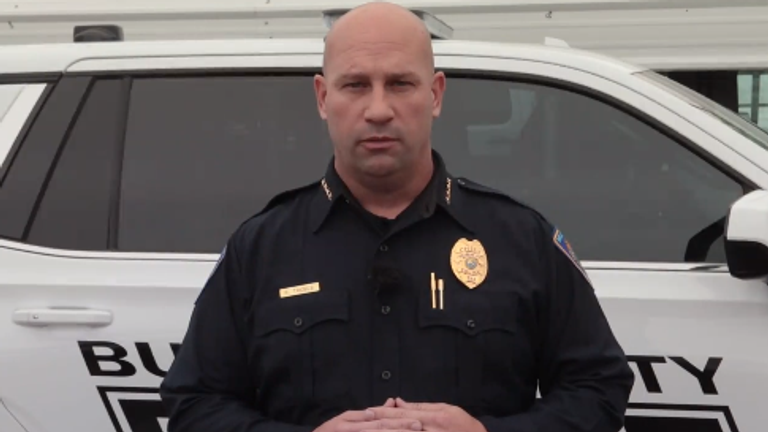WASHINGTON (Reuters) – The most important data for the U.S. economy right now are the “medical metrics” around the coronavirus pandemic, Federal Reserve Chairman Jerome Powell said Sunday night in broadcast remarks where he outlined the likely need for three to six more months of government financial help for firms and families.
FILE PHOTO: Federal Reserve Board Chairman Jerome Powell presents the Monetary Policy Report to Senate Banking Committee during a hearing on The Semiannual Monetary Policy Report to the Congress on Capitol Hill in Washington, U.S., February 12, 2020. REUTERS/Yuri Gripas/File Photo
In an interview with CBS’s “60 Minutes” news program, Powell repeatedly returned to health issues as central to the success of a U.S. economic reopening, calling on Americans to “help each other through this” by adhering to social distancing rules as state and local governments begin to lift restrictions on social and economic activities.
“If we are thoughtful and careful about how we reopen the economy so that people take these social distancing measures forward and try to do what we can not to have another outbreak…then the recovery can begin fairly soon,” Powell said.
States are now easing restrictions imposed to slow the spread of the coronavirus. That has raised the hope of a gradual return to normal, but also has increased the risk of new infections. As Congress debates possible further economic relief, Powell has stretched the limits of typical central bank commentary, directly calling for more fiscal spending. In Sunday’s interview, he even urged people to wash their hands and wear masks to aid the recovery.
Under the best of circumstances it will be a long road, Powell said, with additional job losses likely through June, a rebound that takes time to “gather steam,” and some parts of the economy like the travel and entertainment industries possibly under pressure until there is a vaccine.
The economic devastation already has been severe. Powell said unemployment may hit 25% before it begins to fall, and gross domestic product may contract at an annualized rate of perhaps 20% in the April through June period. Those are levels reminiscent of the Great Depression in the 1930s, though Powell said he thought a prolonged crash of that magnitude remains unlikely.
“Assuming there is not a second wave of the coronavirus, I think you will see the economy recover steadily through the second half of this year,” he said. “For the economy to fully recover people will have to be fully confident and that may have to await the arrival of a vaccine.”
In the meantime, he said, the Fed and Congress may need to do more to ensure people can pay their bills. U.S. lawmakers beginning in March committed $3 trillion to offset job losses and other economic troubles related to the pandemic. They are debating whether to do more. The Fed has approved a suite of programs as well to help businesses and financial markets function during the pandemic, and to try to limit personal and corporate bankruptcies.
Powell, who appears before the Senate Banking Committee Tuesday to discuss how those rescue efforts are working, on Sunday said a longer lifeline may be needed.
“By keeping people and businesses out of insolvency just for maybe three to six more months….we can buy time with that,” as health authorities work on virus control. “That kind of support may be appropriate.”
“We’re not out of ammunition,” Powell said of the central bank and its willingness to expand existing programs or add new ones. “Not by a long shot.”
Reporting by Howard Schneider; Editing by Lisa Shumaker, Daniel Wallis and Diane Craft






